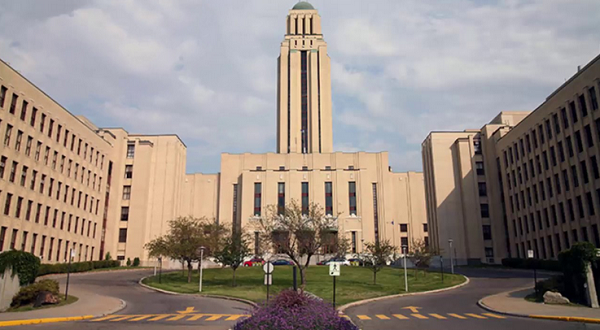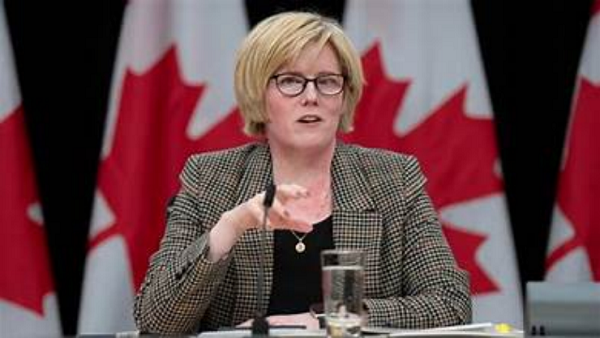Universities seek additional funding in the upcoming federal government budget
Canadian universities are asking the federal government to commit as much as $6-billion in additional funding for research over the next five years in next week’s budget.
The schools want Ottawa to steadily increase the amount of money available for faculty-led research through the national granting councils. They’re also calling for an increase to the grants and stipends paid to young researchers, whose pay rates haven’t changed in 20 years in many cases.
Although university leaders are optimistic the government will heed their call, they were similarly bullish a year ago, ahead of the 2023 federal budget and the fall economic statement. In both cases, the government failed to deliver.
Frédéric Bouchard, the dean of arts and sciences at the University of Montreal, led a government-commissioned panel on the federal research support system, which published a report in March, 2023. The Bouchard report, a blueprint for devising a national research strategy, recommended that funding for the national granting councils grow 10 per cent per year over the next five years and called for a reorganization of research administration and planning.
Dr. Bouchard said he met with Finance Minister Chrystia Freeland earlier this year and she asked detailed questions that suggested a will to act. But the size of the government’s response remains to be seen, he said.
Navpreet Chhatwal, a spokesperson for Ms. Freeland, said the government would not comment on the contents of the budget, scheduled to be delivered April 16.
The past 30 years have been a boom and bust cycle of government support for research, no matter which party has held power, Dr. Bouchard said.
But the argument for spending now is that Canada needs a smart, agile work force for an innovation-based economy, he said. Societies that don’t spend on education and research don’t get wealthier, he added, so a cautious approach to spending comes with its own risks.
“Every year you postpone these investments is a year that some really smart kid decides to pursue their career elsewhere,” Dr. Bouchard said. “The risk of brain drain is very significant.”
He said Canadians can be rightfully proud of the country’s scientific achievements, but they likely aren’t aware of how much other countries are spending and how much more attractive those countries will be to talent from around the globe.
“This will affect our capacity to sustain our well-being and prosperity for the next decades,” he said.
A series of political shifts have raised doubts about whether provincial and federal governments still see spending on universities and their research agendas as a top priority.
A financial crisis exacerbated by a government-mandated tuition freeze has pushed nearly half of Ontario’s universities into deficit. In Quebec, the provincial government targeted its biggest English-language universities, McGill and Concordia, with tuition hikes they said would drive away students from out of province, while new clawbacks have led to hiring freezes and projected revenue losses. And in January Ottawa announced changes to the international student program that could mean hundreds of millions in lost revenue for the sector as a whole.
A grassroots group called Support Our Science has been advocating for the past few years to boost the level of funding for graduate students and postdoctoral researchers. Scholarships for master’s and PhD students funded by the federal government have not increased in 20 years, their value undermined by rising inflation. The group, made up mainly of students and professors, has been calling on the government to increase both the number of scholarships available and the value of those scholarships, which range from about $17,500 for a master’s student to between $21,000 and $35,000 for a doctoral student.
Most graduate students, though, are paid through grants awarded to faculty projects by one of the three national granting councils, which distribute about $2-billion annually.
Chad Gaffield, the chief executive officer of the U15 group of large research universities, said there is a lot at stake with the upcoming budget. Canada needs to send a signal to the world that it is serious about funding research and being a country “based on what’s between our ears as much as what’s in the ground.”
“I’m always reluctant to think about any period as a particular inflection point, but I do feel that this budget is absolutely key,” Dr. Gaffield said.
The sector is asking for a little more than an additional $1-billion a year for five years. That would bring Canadian universities closer to what other wealthy countries spend, Dr. Gaffield said.
This article was first reported by The Globe and Mail
















